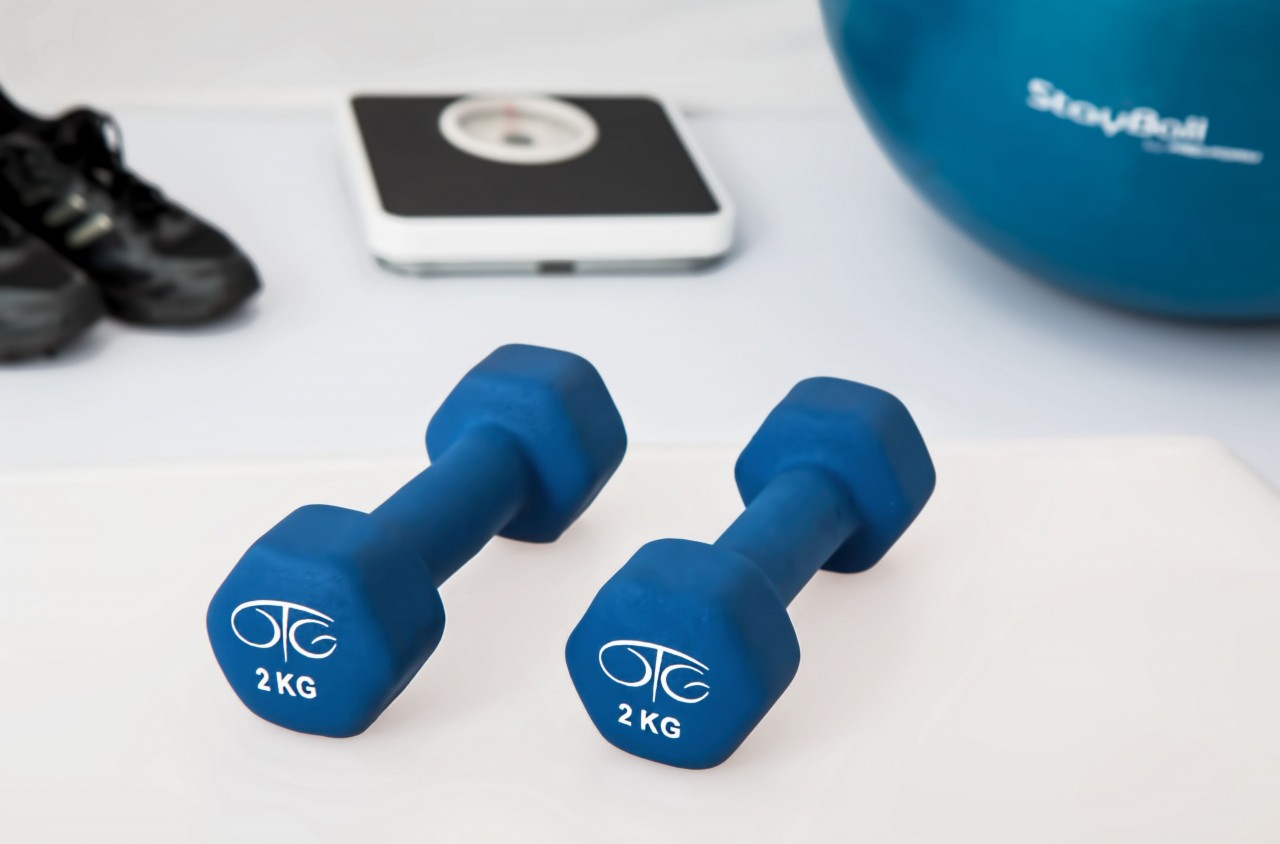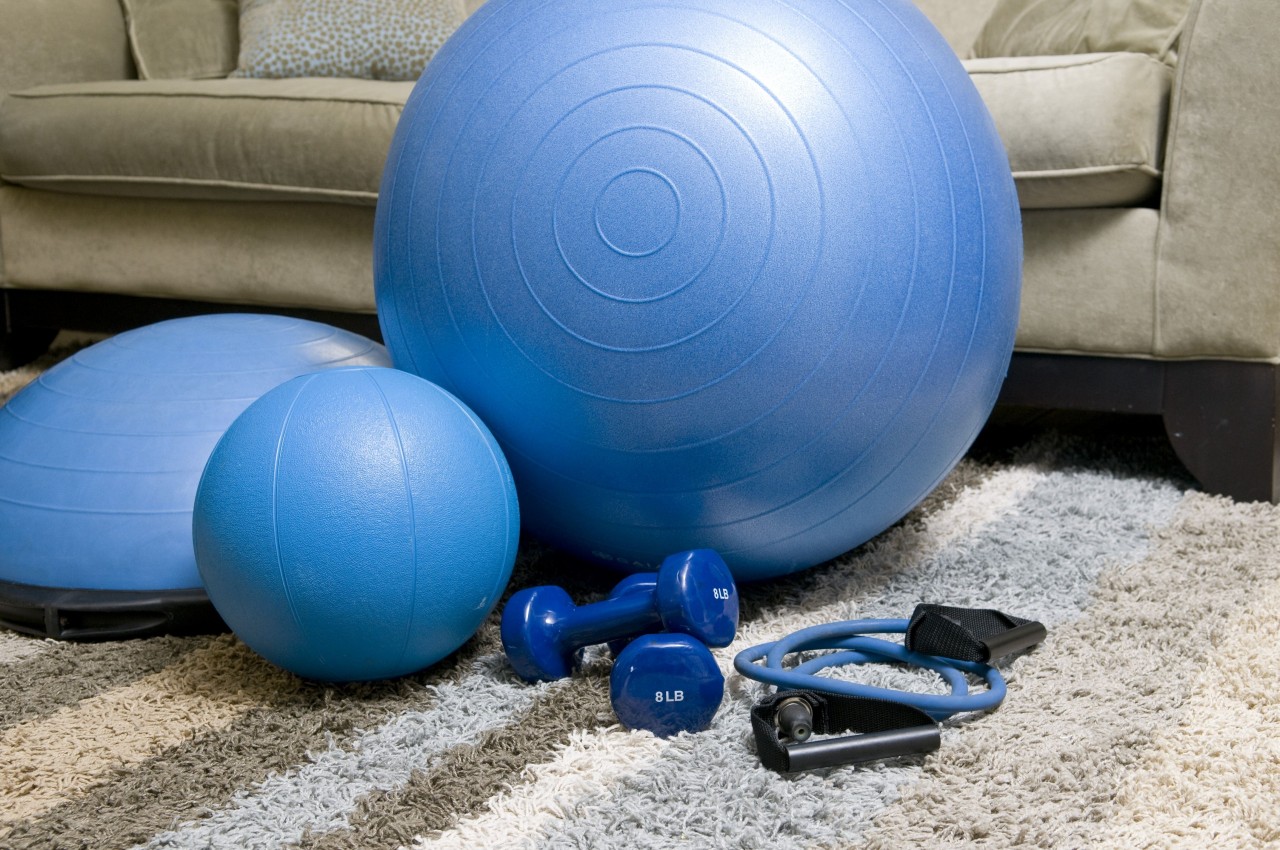Setting Wellness Goals for the New Year
We've all been there, the new year rolls around and we decide that THIS year is the year we're actually going to stick to our resolutions…and then we don't. Scroll to the bottom for a list of tips, or keep reading for a more in-depth guide.
Everyone is different with regards to their attitudes towards new years resolutions, so some of this information may be more helpful for some people than others.
The wellness community tends to attract very disciplined individuals who are intent on personal growth in one form or another. Many people use new years resolutions as an opportunity to create unrealistic goals and then feel guilty when they don't reach them.
Looking at resolutions as an all-or-nothing goal, won't always help you reach them. For some people, it's better to have a more generalized goal, for others the opposite is true. Let's say your resolution is to be more consistent with your wellness routine. On a day you would normally go for a run, it is raining too hard, so instead, you opt for a virtual yoga class. You are still sticking to your general goal, but there is more flexibility. If your resolution is to run 4 times a week, you might run into some problems. If you have had a hard time sticking to resolutions in the past, try switching up your approach.
If you find yourself overwhelmed, try and create smaller goals within your original goal, or be more specific. If your resolution is to develop a more sustainable and nutrient-rich diet, instead of going shopping with that goal in mind, think about a particular meal or dish you can incorporate more protein into for that week. Looking for additional info online or asking a knowledgeable friend or family member can help as well.
Anything worth doing is worth doing partially! This may sound ridiculous but If you set your goal too high you might be overwhelmed or afraid to try, and end up not doing anything at all. Getting 25% closer to your original goal is infinitely closer than doing nothing at all.
Resolutions are opportunities to have fun and make your life more enjoyable, or to try developing or strengthening a particular skill. Agonizing over the fact you're 15 seconds over a 6-minute mile will make you exponentially more miserable than if you had set a more achievable goal at the beginning, or readjusted your goal into something more feasible. You can always set another goal once you've reached it.
For those who are new to the wellness world or resolutions in general, it may sound counterintuitive but don't go all-in at first. If you're trying to develop a running habit, the first day, just get dressed in your gear, then the second day get dressed and run for a few minutes. Starting slow can make all the difference.
Track your progress to help motivate you. Keeping a note on your phone, or using an app that records your progress shows you how far you have come and how consistent you have been with your routine. It is easy to forget all the effort you have put into something when you're focused on meeting a goal in the future.
Removing barriers to reaching your goals is essential. If it's easier to go to the gym when you know you're only going to be there for 45 minutes instead of an hour, go for 45 minutes. You will probably end up going more frequently since it is more convenient.
If you're trying to break a bad habit do some research beforehand. Knowing what to expect will better prepare you for the process. With some habits, it's likely you won't completely eliminate them from your life forever. People have bad days, things happen. Bad habits can be another source of shame and guilt, so when you're working on breaking them, be kind to yourself and be aware that some habits are harder to break than others.
Goals and resolutions aren't supposed to be easy. Try not to get discouraged and expect difficulty. Whether that is struggling with motivation, reworking your schedule, or seeking professional help to get to where you want to be, you will likely face obstacles. Celebrate the milestones you hit on the way to your goal.
Here are some other helpful tips
- Set activity goals, not exercise goals
- Make sure you're getting enough sleep, or as much as you can
- ADD to your diet, don't restrict it (if you have underlying dietary problems work with a professional)
- Have SMART goals: Specific, Measurable, Attainable, Relevant, and Time-bound
- Plan your goals! Write out the goal, and how you're going to get to it, this will keep you from getting stuck
- Even if your goal is physical or health-related, make sure you're taking time for your mental and emotional health. Incorporate some fun into your plan
- Stick to a routine/schedule if you can, or try and find times in advance to work toward your goal
- Check in with yourself every so often to make sure you're on the right track, and see if you need to reevaluate or adjust your plan
- Make two versions of your goal, or daily practice. One version for regular days or weeks, and one for busy/stressful/tired days. That way you are still sticking to your routine in a way that works for you.
.png)


